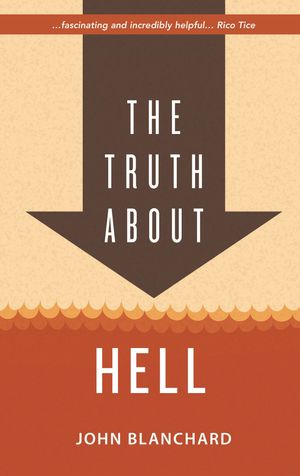This is a lightweight booklet dealing with a heavy subject: hell. The author divides his subject into headings. Hell is: factual, fearful, fair; final. We are then given (in the shortest chapter) the way of escape.
This subject should concern all Christians. It naturally stirs concern for those most close to us: family, loved ones and friends. It should, however, also raise concern for the rest of humanity. In the words of one well-known preacher, ‘If we are not concerned for the souls of our family, we are but monsters’. Many preachers have, shamefully, preached hell almost with a sense of joy and delight rather than with tears and pain.
That said, this work struck me as a little lopsided. There are four chapters addressing hell, yet only one short chapter on Jesus Christ as the deliverer. When we make comparison with the early church (as found in the Acts of the Apostles), we find only two references to our English word ‘hell’ — neither referring to a place of eternal torment but rather the grave. And while the early church did warn of a future judgment, it focused on proclaiming Christ as the crucified, resurrected, glorified, and sufficient Saviour, calling people to repent and have faith in him.
Though much of Scripture is referenced in this work, no real attempt is made at exposition of the referenced passages. It is stated that there are three different words for ‘hell’ in the Bible, but in fact there are four if we include the Greek word Tartarus (2 Peter 2:4). Blanchard is aware of this, having dealt with it in a previous book.
Answers to the objections to eternal punishment are not forthcoming in this booklet, and one will not find in it a defence of the traditional view of hell. Blanchard is a seasoned author for whom we are thankful, but his more thorough treatment, Whatever happened to hell, is preferable.
Stephen Holland
Westhoughton







